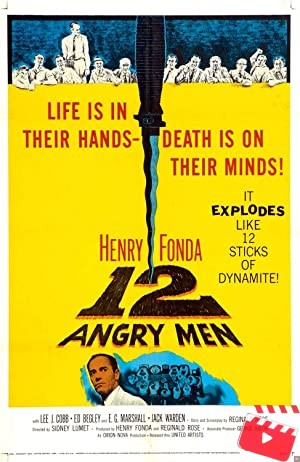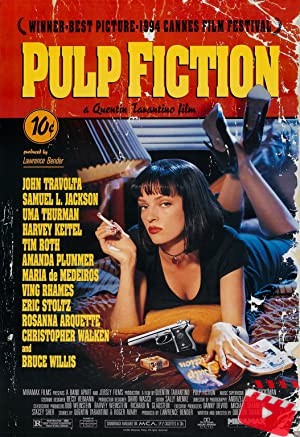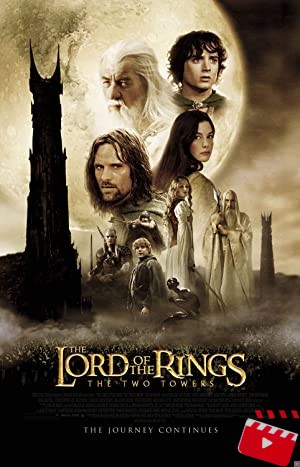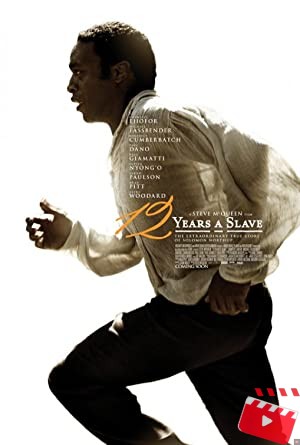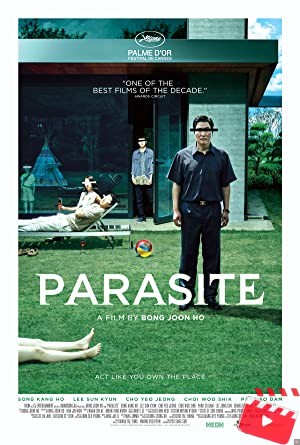
Parasite, the 2019 South Korean film directed by Bong Joon-Ho, is one of the most captivating movies I have ever watched. From its intelligently written script to stunning cinematography, the film engrossed me from beginning to end.
The story follows the Kim family, who live in a cramped and dingy basement apartment in Seoul. They are struggling to make ends meet until the son, Ki-woo, is offered a chance to tutor the daughter of a wealthy family. The Kim family dives deep into a deceitful plan to infiltrate the Parks’ luxurious home, indulging in free food and a comfortable lifestyle. However, their plan takes a dark turn when they discover a hidden secret in their new home.
One of the best aspects of the movie is its characters, all fantastically created with flaws that make them more human. You can’t help but empathize with the Kims’ imperfectly portrayed struggles and cheer them on in their endeavors, even if it’s not entirely moral.
The movie also manages to blend dark comedy and thrilling suspense effortlessly, skillfully slipping between the two in such an articulate manner. It’s rare that I come across a movie that can create tension from a single glance or a character’s movement.
What’s more, Parasite is a movie that you can’t stop thinking about long after the credits roll. The film delves into the issues of social and economic classes, greed, and conflict. The story leaves plenty of room for interpretation and generates multiple themes that resonate long after the film’s conclusion.
Overall, Parasite is a flawless movie, and I highly recommend it to everyone. From the beautifully crafted characters and the excellent script to the breathtaking climactic scenes, this masterpiece lingers in your mind and soul long after you finish watching. It’s hands down, one of the best movies I have ever seen.
Lesson about Parasite
There are lessons we can learn about class struggle and inequality from the movie Parasite 2019.
The Best of Parasite
- 1. Unique storytelling: “Parasite” takes an unconventional approach to storytelling, unexpected twists, and turns that keep the audience on the edge of their seat throughout the entire movie. The film manages to deliver an energetic, unpredictable, and entertaining story with a message that makes the audience reflect on social inequalities.
- 2. Stunning Cinematography: The stunning cinematography of “Parasite” captures the social differences between the rich and the poor. The contrast between the spacious luxurious house of the Park’s family and the cramped quarters of the Kim’s family is done with such elegance and is incredibly visually compelling. The use of the camera angles and lighting brings together the tension and suspense of the plot, which ultimately leaves a lasting impression on viewers.
- 3. Masterclass directing: Director Bong Joon Ho showcases his exceptional directing skills in “Parasite.” He delivers a multi-layered story that hits home on serious social issues through levity and humor. Bong’s ability to balance the humor, tragedy, and social critique without losing the plot’s overall coherence is a masterful work of what a true director can do. His vision and direction in “Parasite” resulted in critical acclaim and the first Oscar win for a South Korean film.
Week points of Parasite
- 1) Limited representation of lower-class characters: Although Parasite depicts the harsh realities of being part of a financially marginalized family, the movie has been criticized for not showing a range of experiences of working-class and impoverished people. The film heavily focuses on the struggles of one particular family and their attempts to climb the social ladder, without fully exploring the broader social context that generates and reinforces such inequality.
- 2) Unrealistic plot development: Some viewers have criticized Parasite for taking too many liberties with reality, particularly towards the end of the movie. While the film initially presents a plausible scenario of the Kim family infiltrating the Park household, the plot increasingly spirals out of control with several implausible twists and turns that stretch the bounds of believability.
- 3) Underdeveloped supporting characters: Although the actors in Parasite have been widely praised for their performances, some critics have argued that the film’s supporting characters are underdeveloped and lack depth. This includes various members of the Kim family as well as the Park family, who are portrayed as superficial, one-dimensional caricatures rather than fully-formed individuals with their own agency and motivations.
Technical details of Parasite
| Title | Parasite |
|---|---|
| Year | 2019 |
| Rated | R |
| Released | 08 Nov 2019 |
| Runtime | 132 min |
| Genre | Drama, Thriller |
| Director | Bong Joon Ho |
| Writer | Bong Joon Ho, Han Jin-won |
| Actors | Song Kang-ho, Lee Sun-kyun, Cho Yeo-jeong |
| Plot | The Kims – mother and father Chung-sook and Ki-taek, and their young adult offspring, son Ki-woo and daughter Ki-jung – are a poor family living in a shabby and cramped half basement apartment in a busy lower working class commercial district of Seoul. Without even knowing it, they, especially Mr. and Mrs. Kim, literally smell of poverty. Often as a collective, they perpetrate minor scams to get by, and even when they have jobs, they do the minimum work required. Ki-woo is the one who has dreams of getting out of poverty by one day going to university. Despite not having that university education, Ki-woo is chosen by his university student friend Min, who is leaving to go to school, to take over his tutoring job to Park Da-hye, who Min plans to date once he returns to Seoul and she herself is in university. The Parks are a wealthy family who for four years have lived in their modernistic house designed by and the former residence of famed architect Namgoong. While Mr. and Mrs. Park are all about status, Mrs. Park has a flighty, simpleminded mentality and temperament, which Min tells Ki-woo to feel comfortable in lying to her about his education to get the job. In getting the job, Ki-woo further learns that Mrs. Park is looking for an art therapist for the Parks' adolescent son, Da-song, Ki-woo quickly recommending his professional art therapist friend "Jessica", really Ki-jung who he knows can pull off the scam in being the easiest liar of the four Kims. In Ki-woo also falling for Da-hye, he begins to envision himself in that house, and thus the Kims as a collective start a plan for all the Kims, like Ki-jung using assumed names, to replace existing servants in the Parks' employ in orchestrating reasons for them to be fired. The most difficult to get rid of may be Moon-gwang, the Parks' housekeeper who literally came with the house – she Namgoong's housekeeper when he lived there – and thus knows all the little nooks and crannies of it better than the Parks themselves. The question then becomes how far the Kims can take this scam in their quest to become their version of the Parks. |
| Country | South Korea |
| Awards | Won 4 Oscars. 307 wins & 271 nominations total |







